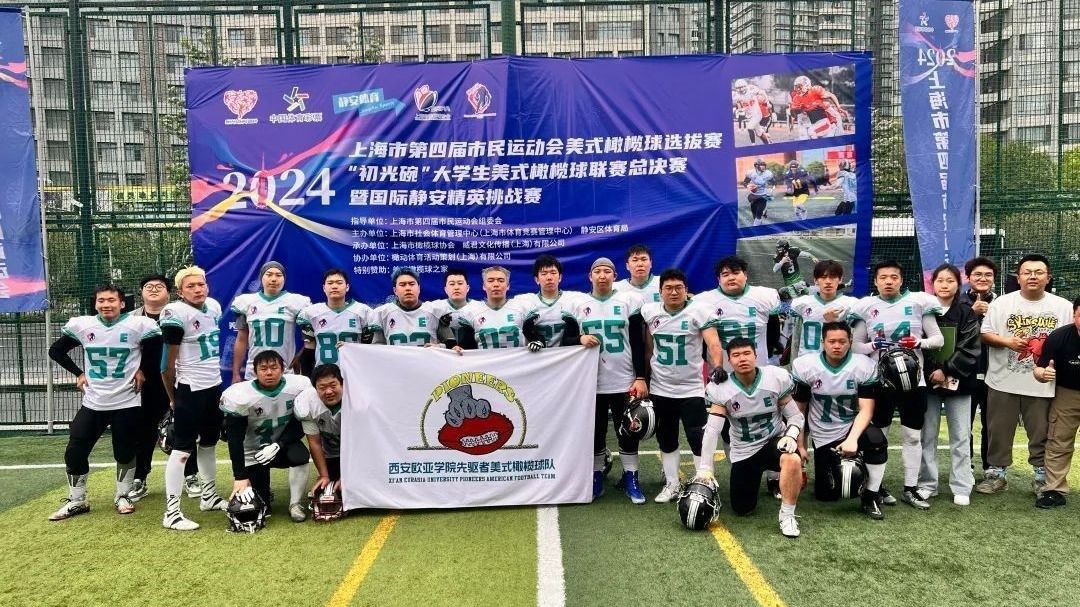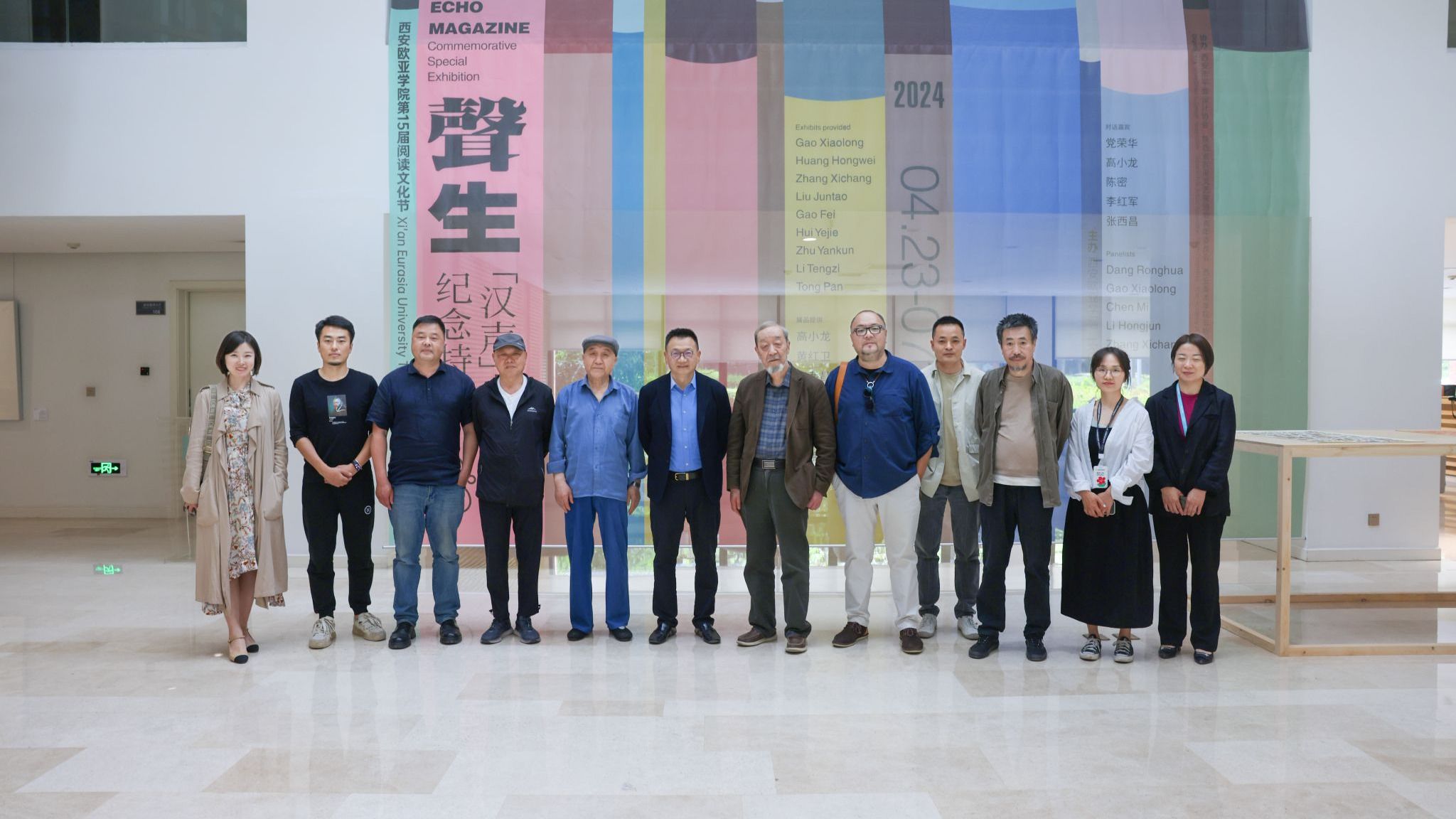Recently, our school has won many good results in the "Second National Applied Curriculum Reform Practice Essay Contest" and the "Seventh Applied Curriculum Construction Large Course Speaking Contest" held by the School Planning, Construction and Development Center of the Ministry of Education.

In the "Second National Applied Curriculum Reform Practice Essay Contest", 1068 articles from 183 colleges and universities across the country lasted for 4 months. After three rounds of expert review and systematic duplication, the paper "Innovation and Practice of Innovative Design Thinking in Engineering Professional Training" written by teachers Du Xiaochun, Liu Lili and Meng Bo of the School of Information Engineering of our school won the national third prize The paper "Research on the Implementation Path of Corporate Finance Curriculum Reform Based on the Training of Financial Application Ability" written by Ms. Ai Jun won the National Excellence Award.


In the "Seventh big course presentation competition for the construction of application-oriented courses", after the preliminaries, semi-finals and finals, the "Office Efficient Office" course by Shan Meijuan of the School of General Education of our school won the national third prize, and the "Embedded System Development and Application" course by Li Min of the School of Information Engineering won the national excellent prize.

Based on the quality strategy connotation of "application-oriented, international and new experience", our school highlights the practicality, practicality and application of the curriculum with the fundamental goal of improving students' learning experience. In the course of curriculum construction, we have grasped the following key issues: first, comprehensively integrate curriculum resources, build a curriculum library at the school level, and realize the sharing of curriculum resources; Second, focus on the construction of curriculum connotation to ensure that the talent training objectives and core competencies are connected with the industry and enterprises; The third is to introduce the six elements of curriculum construction and put the concept of "student-centered" into the curriculum; Fourth, the introduction of third-party classroom evaluation to improve the process of talent training; The fifth is to launch the curriculum support plan, promote the curriculum construction in the form of project approval, and increase the funding input with the support of the teaching reform project, with the collaborative support of all departments.

The school has grasped these key issues and achieved phased results in curriculum construction. In the future, it will continue to increase the investment in curriculum construction, continue to focus on the first position of classroom teaching, and strive to improve students' learning experience and learning effect in school.
(Contributed by Academic Affairs Office/photographed)







